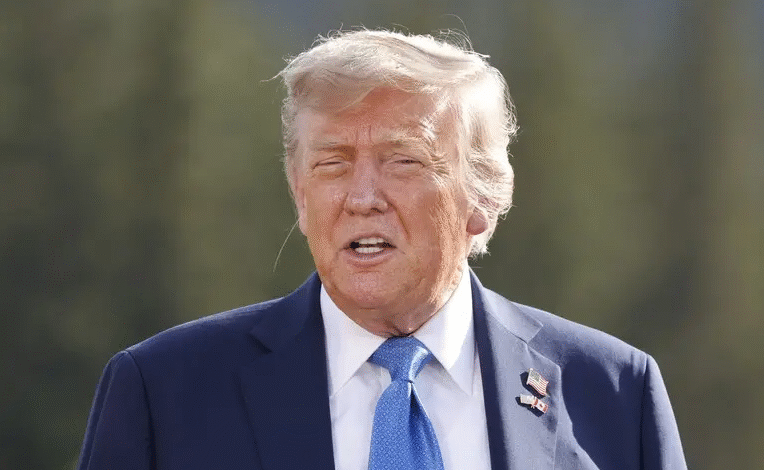Trump imposes tariffs on imports from seven Asian and African countries

US President Donald Trump announced the introduction of tariffs on imports of goods from Japan, South Korea, Kazakhstan, Malaysia, Myanmar, Laos and the Republic of South Africa. The new tariffs will come into effect on August 1. That’s what he’s about reported on his page in the Truth Social social network.
In the publications, Trump released official letters addressed to the leaders of Japan and South Korea, outlining his intentions for the tariff policy.
“From August 1, 2025, the US will introduce a general tariff of 25% on all Japanese goods, separate from other sectoral tariffs”, he declared.
The same tariff rate is provided for South Korea. At the same time, goods transported in transit to avoid duties will also be taxed at the full rate. Trump emphasized that companies from Japan and South Korea can avoid new tariffs if they transfer production to the territory of the United States. Within a few weeks, the government promises to facilitate the approval of such investment projects as much as possible.
Subsequently, the American president published similar letters addressed to the leaders of five more countries: Kazakhstan — 25%, Malaysia — 25%, Laos and Myanmar — 40%, South Africa — 30%. Despite the different rates, the content of the messages remains identical to the letters sent to Japan and South Korea.
In addition to preferential conditions for companies that decide to move production to the United States, Trump also warned of a possible increase in tariffs if these countries raise their own tariffs.
“If for some reason you decide to increase your rates, no matter what number you increase them by, it will be added to the 25%”, he wrote.
White House spokeswoman Caroline Leavitt said Trump would sign an executive order delaying the start of the new tariffs from July 9 to August 1 to give more time to conclude trade deals. She also noted that twelve more states will receive similar letters, which will be made public on the Truth Social network.
“These new rates, which will be provided in this correspondence to these foreign leaders, will either be made public over the next month or agreements will be made and these countries will continue to negotiate with the United States. We see many positive moves in the right direction.” Leavitt explained.





